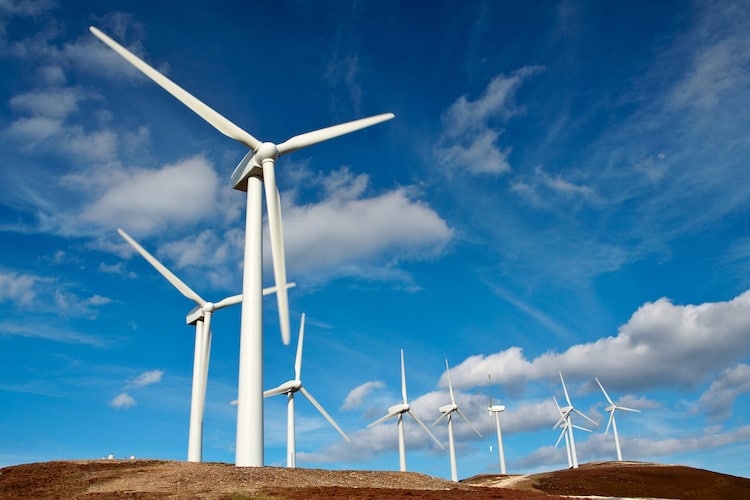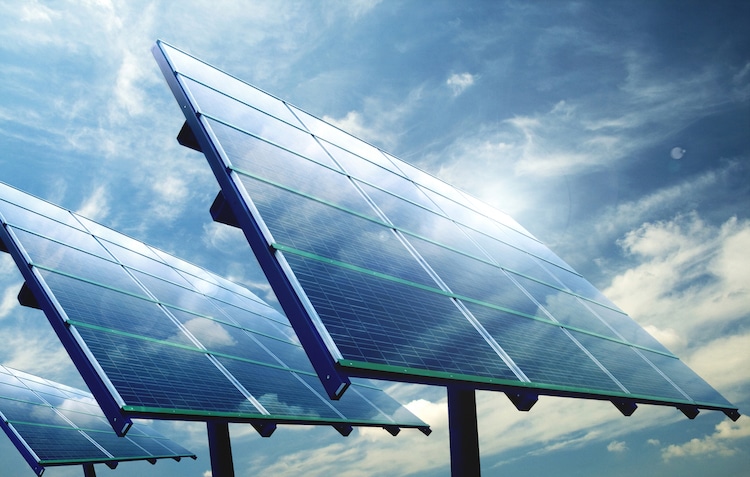
With energy and fuel costs at an all-time high, the world is seeking cost-effective solutions for moving away from oil and gas for energy needs. Luckily, a new study by Stanford University says that it might not be as difficult as we think to move toward renewable energy sources. After examining 145 countries, the researchers have stated that switching to clean energy and electrifying all energy sectors won’t lead to blackouts or an increase in prices. In fact, according to the study, prices would immediately drop, and all of the up front costs for switching to 100% renewable energy would be paid back in just six years.
The study was headed by Professor Mark Z. Jacobson, professor of civil and environmental engineering at Stanford University and director of its Atmosphere/Energy Program. Professor Jacobson has long been an advocate for 100% renewable energy and published a book on the topic in 2020.
According to him, “We do not need miracle technologies to solve these problems. By electrifying all energy sectors; producing electricity from clean, renewable sources; creating heat, cold, and hydrogen from such electricity; storing electricity, heat, cold and the hydrogen; expanding transmission; and shifting the time of some electricity use, we can create safe, cheap, and reliable energy everywhere.”
One of the main reasons for this is that the combustion-based energy systems most countries use require quite a lot of energy just to function. In switching to a clean, renewable energy system, Professor Jacobson states that worldwide energy usage would go down by 56% immediately. The savings is due to the efficiency of clean energy over combustion systems, as well as the efficiency of electrified industry, as there would no longer be a need to spend energy obtaining fossil fuels.

And the good news doesn’t end there. A clean, renewable energy system reduces the cost per energy unit by an average of 12%, which results in a 63% lower annual energy cost. Of course, there are also many health benefits to a clean energy system that would cut down on pollution.
To make their evaluation, the team of researchers looked at onshore and offshore wind energy, solar power, solar heat, geothermal electricity and heat, hydroelectricity, and small amounts of tidal and wave electricity. Batteries were the most common electricity storage solution, with the team finding that no batteries with more than four hours of storage were necessary.
With an estimated $62 trillion needed to update systems in 145 countries—which produce 99.7% of the world’s carbon dioxide—the price tag is not small. But, the switch to clean, renewable energy gives an immediate savings of $11 trillion per year. This means that the world could offset the upfront costs in as little as six years, if these countries were just willing to make the change.
Professor Jacobson and his team recommend that the world switch over to 100% renewable energy by 2035, and certainly no later than 2050. The team’s goal is to have 80% of the globe make the transition by 2030.
Though this may seem out of reach, some countries are already making strides. Iceland operates on nearly 100% renewable electricity, as do Albania and Paraguay. And even Brazil, with its large population and mixed environmental record, gets about 80% of its electricity from renewable sources. So, in the end, these goals are not out of the question as long as more governments get on board.
Source: MY MODERN MET
